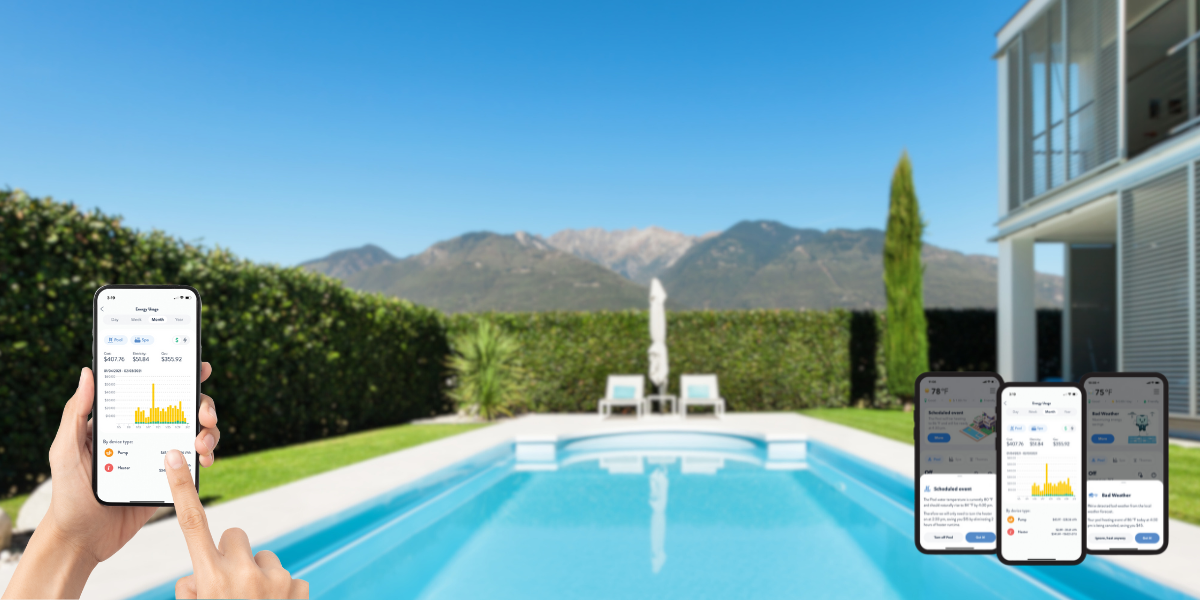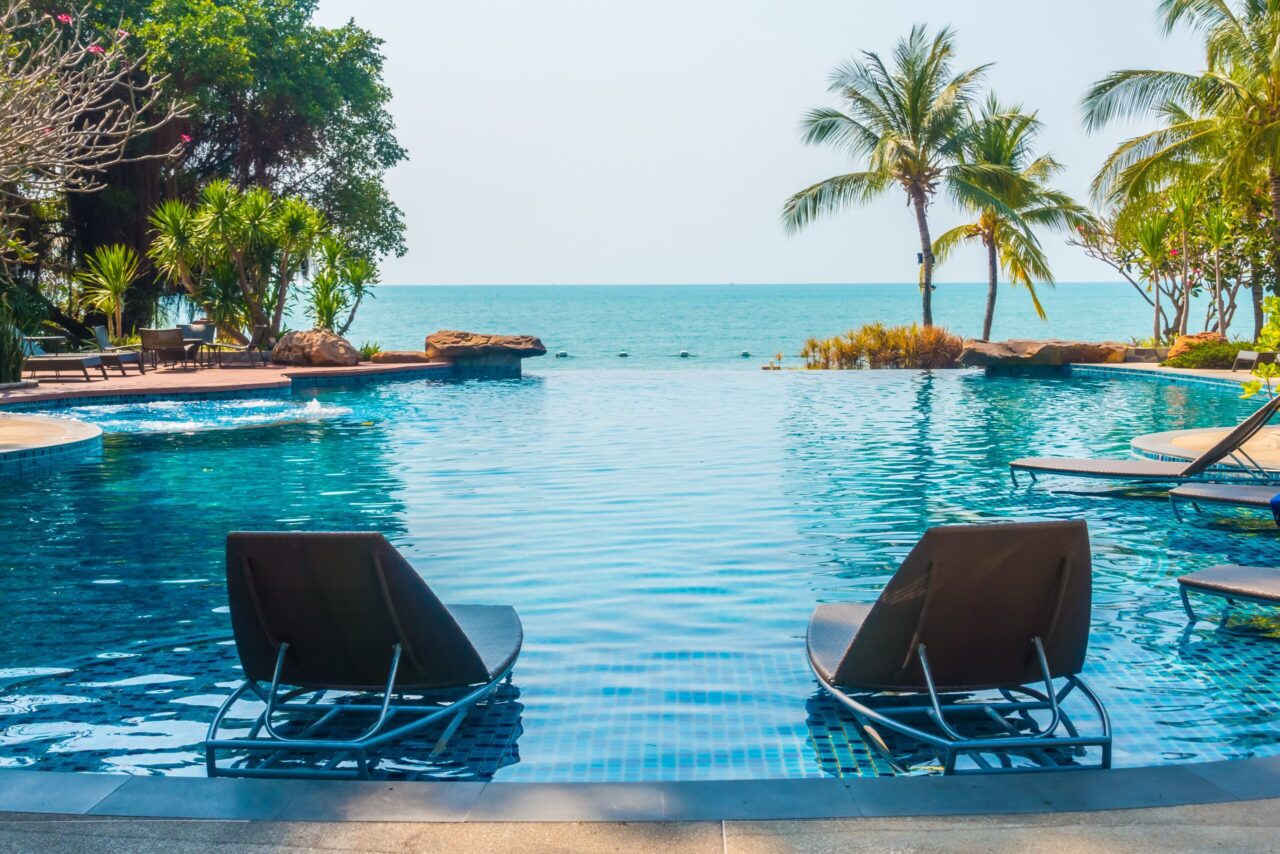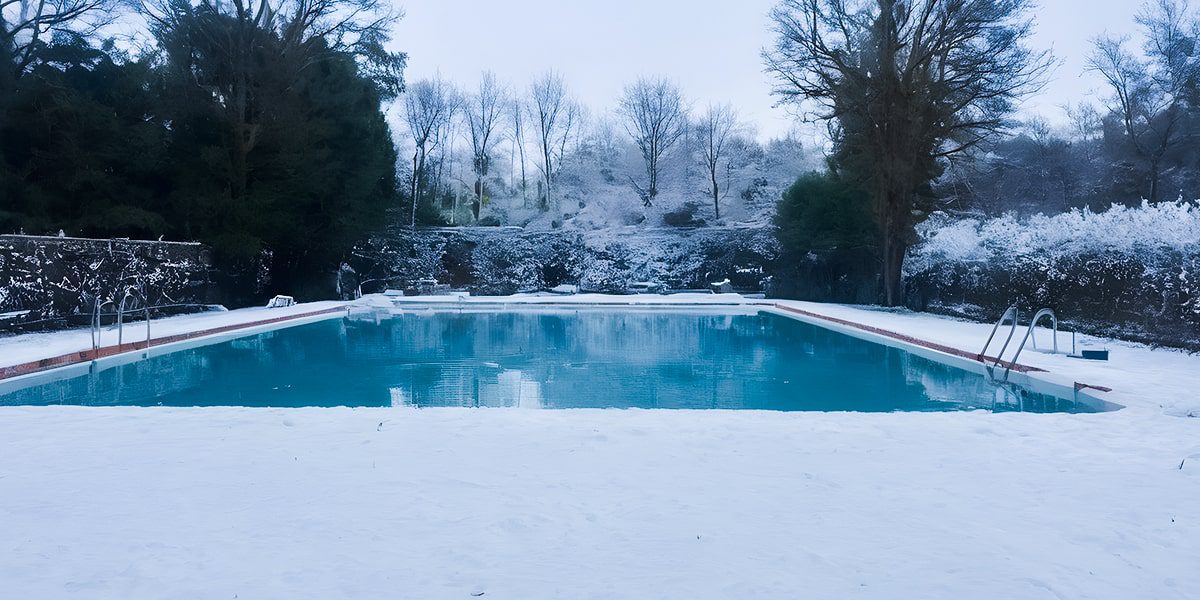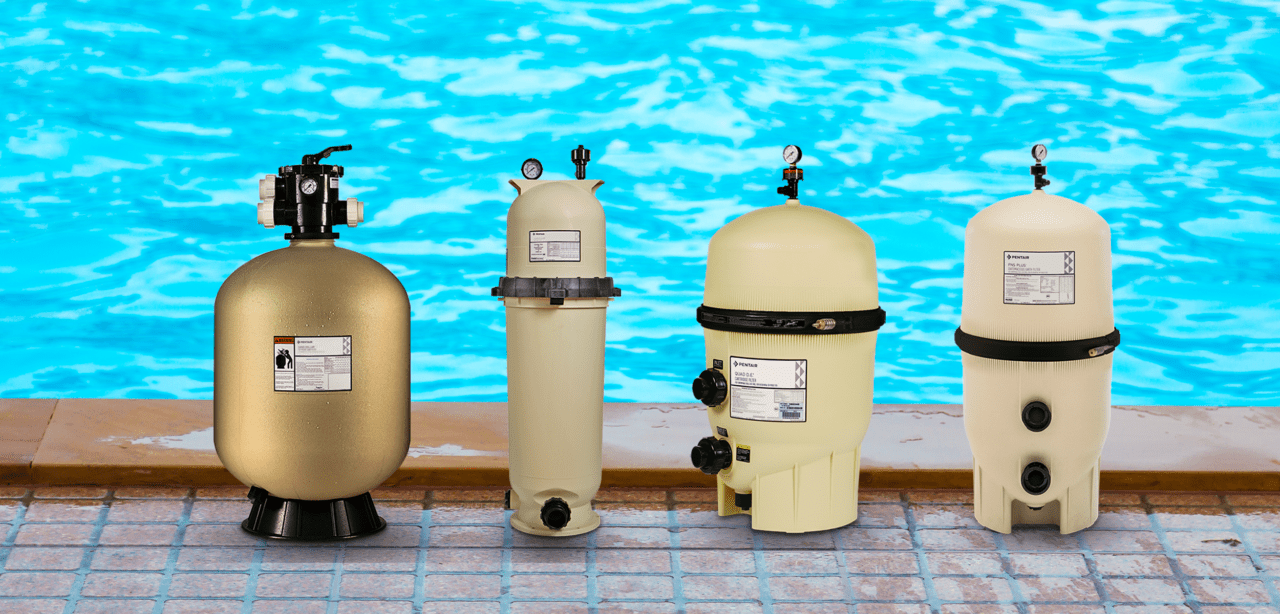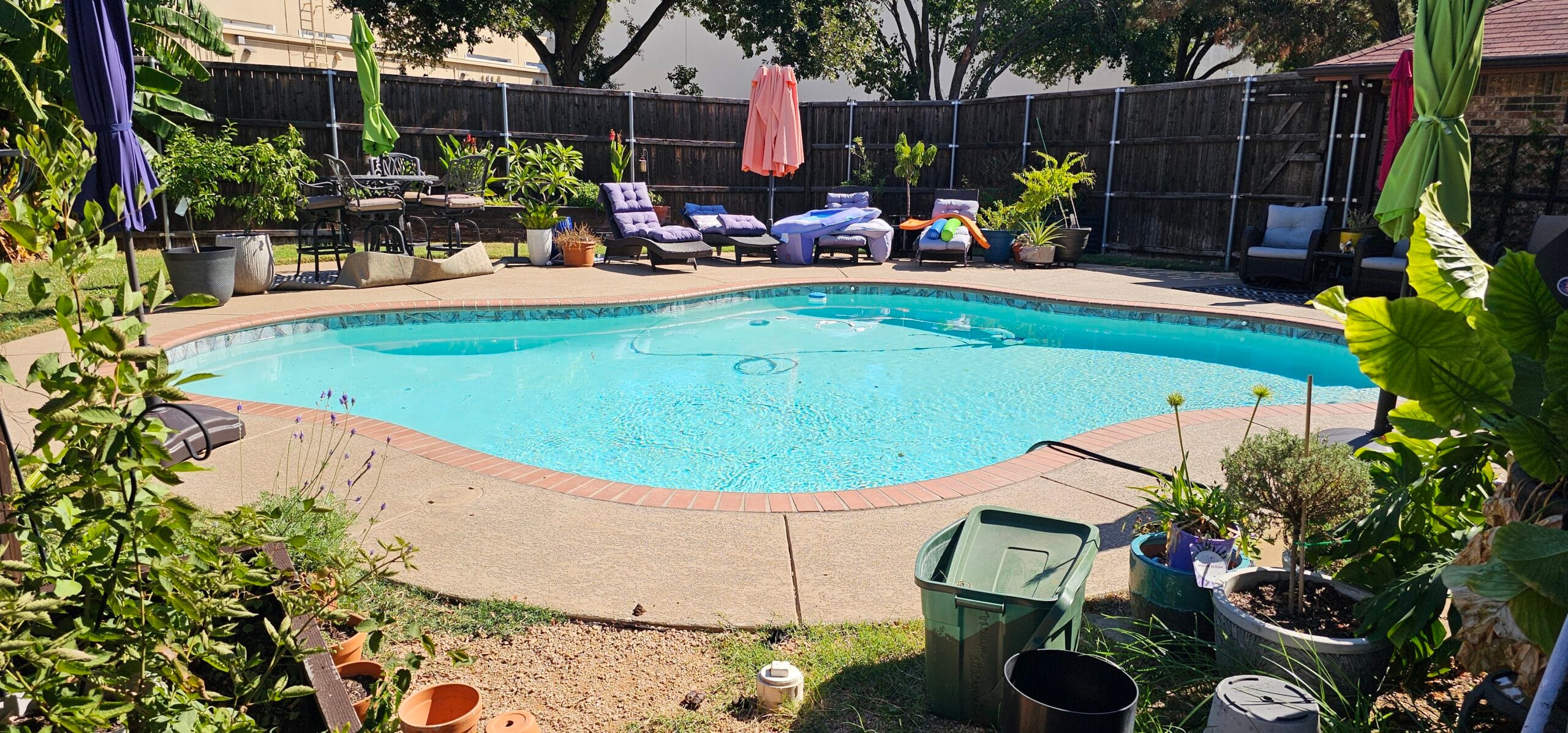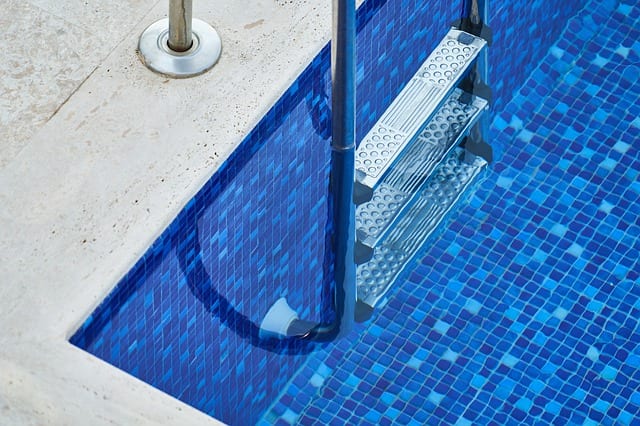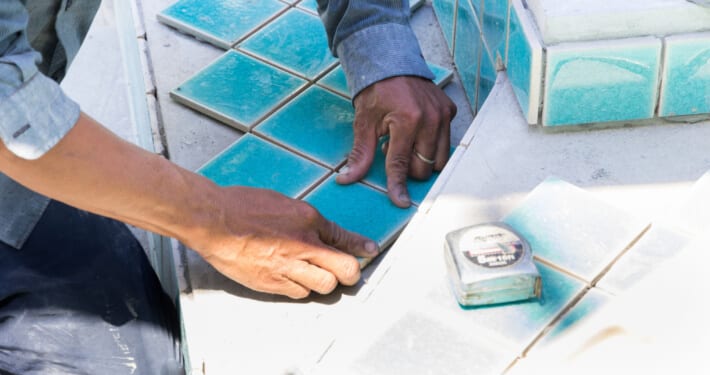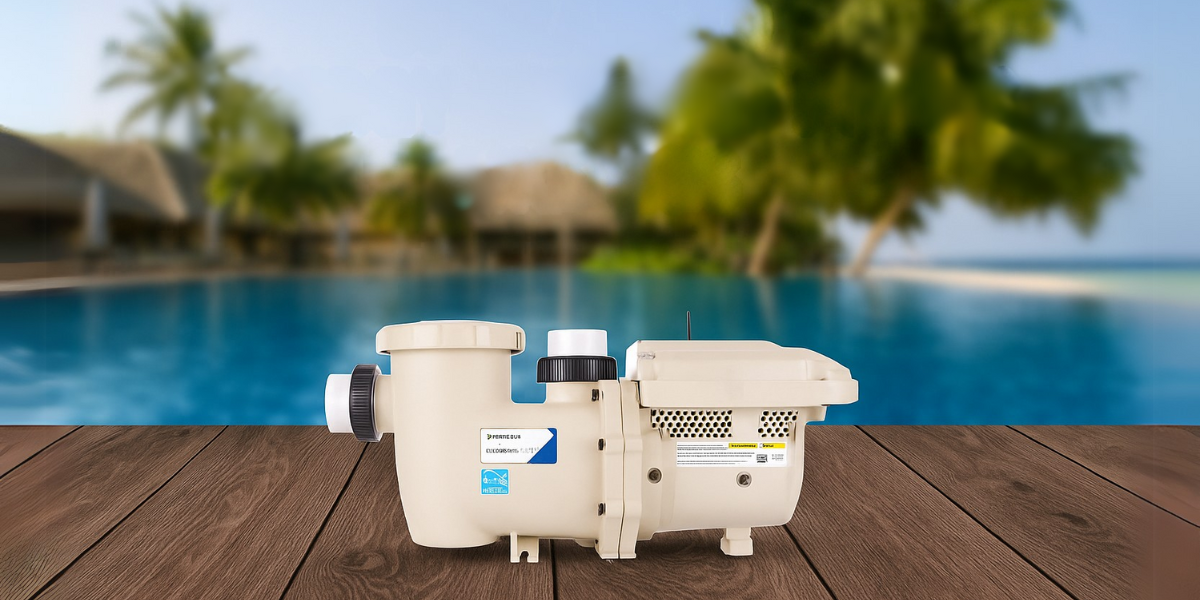- Salt water pool vs chlorine pool : Which one is Best
- Water Chemistry of Saltwater pools and Chlorine Pools
- Salt water pool vs Chlorine cost
- Long-Term Operational Costs of Both Pools:
- Comparing Total Cost of Ownership:
- Salt water vs chlorine pool maintenance
- Pool Equipment Maintenance:
- Tips for Efficient and Effective Maintenance:
- Aesthetics and Comfort:
- Health and Environmental Effects of saltwater pools and chlorine pools :
- Side-by-Side Comparison of Saltwater and Chlorine Pools
Salt water pool vs chlorine pool : Which one is Best
Whether you prefer a chlorine pool or a saltwater pool is a personal preference that can have a major impact on your pool experience. Knowing the ins and outs of both choices can help make the decision-making process easier, since they each have their advantages and disadvantages. In this detailed overview, we will explore the chemistry, expenses, maintenance needs, health concerns, and other aspects that distinguish chlorine pools from saltwater pools. Once you reach the finish, you will have all the necessary information to make a well-informed decision that suits your personal tastes and requirements.
Water Chemistry of Saltwater pools and Chlorine Pools

Making an informed choice requires an understanding of the chemical processes involved in both kinds of pools.
Saltwater swimming pool Chemistry
Saltwater pools use electrolysis to convert salt into chlorine, ensuring a steady and reliable sanitization method. The chlorine generator makes it possible to apply an electric current to the water, which leads to a consistent and gradual release of chlorine. This automated system maximizes the swimming environment by reducing the risk of excessive chlorination, improving maintenance efficiency, and increasing stability. The even distribution of chlorine helps prevent localized problems and helps increase the durability of pool equipment. To put it simply, saltwater pools combine the convenience of reliable and effective chlorine generation with the wonders of electrolysis to provide a more enjoyable swimming environment. Remember the salt system can be highly effective in producing chlorine when operated correctly. However, a noteworthy limitation arises in colder temperatures. When the water temperature drops to or below 50 degrees, the system is designed to cease operation. This is because that electrolysis process doesn’t work in the cold weather. Understanding these nuances helps users optimize their saltwater pool experience, especially during colder weather. Read our blog on How to Winterize a Salt Water .
Chlorine Pool Chemistry
In standard chlorine pools, the chlorine level is kept up by adding chlorine by hand in different forms, such as tablets, liquid, or powder. This step is very important for keeping water clean. As soon as chlorine is added, it quickly rises and kills germs and other contaminants. But this method needs to be watched over all the time because chlorine levels can change. To find the right balance and keep the pool a safe and welcoming place to be, it needs to be checked on and adjusted on a regular basis. The process has to be done by hand, but it’s necessary to keep the water clean and make swimming enjoyable.
Salt water pool vs Chlorine cost
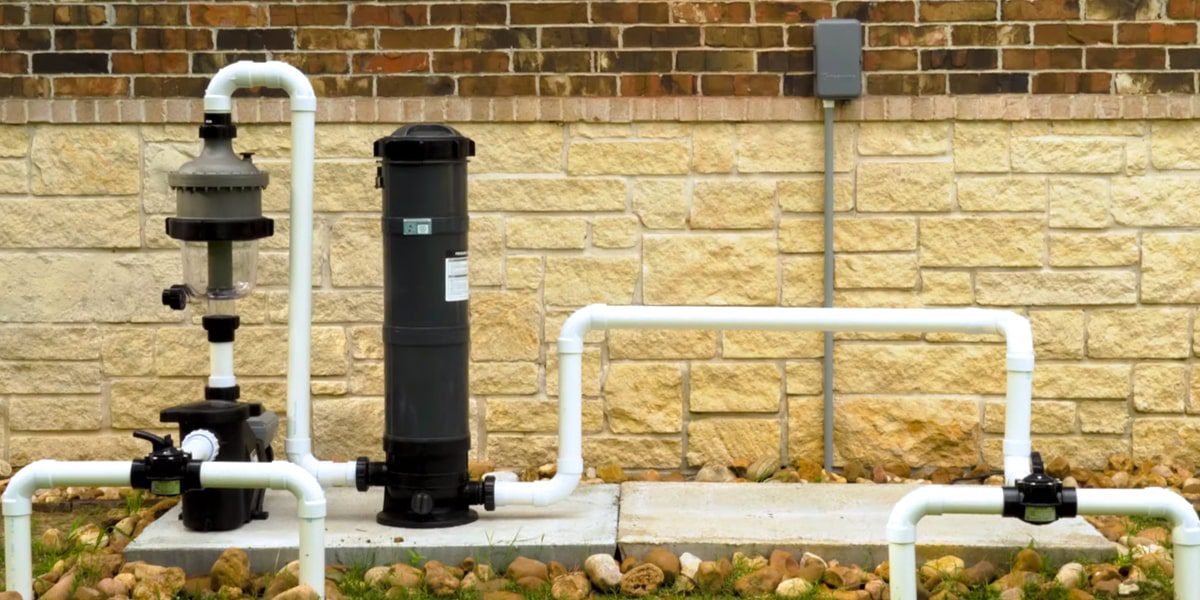
Startup Installation Costs:
Saltwater Pools: Usually needs an extra startup cost, saltwater systems include acquiring and setting up a chlorine generator. This generator is an important part of the method of making chlorine all the time.
Chlorine Pools: In comparison, traditional chlorine pools have lower starting costs since they use standard means of applying chlorine, such as tablets, liquid, or powder.
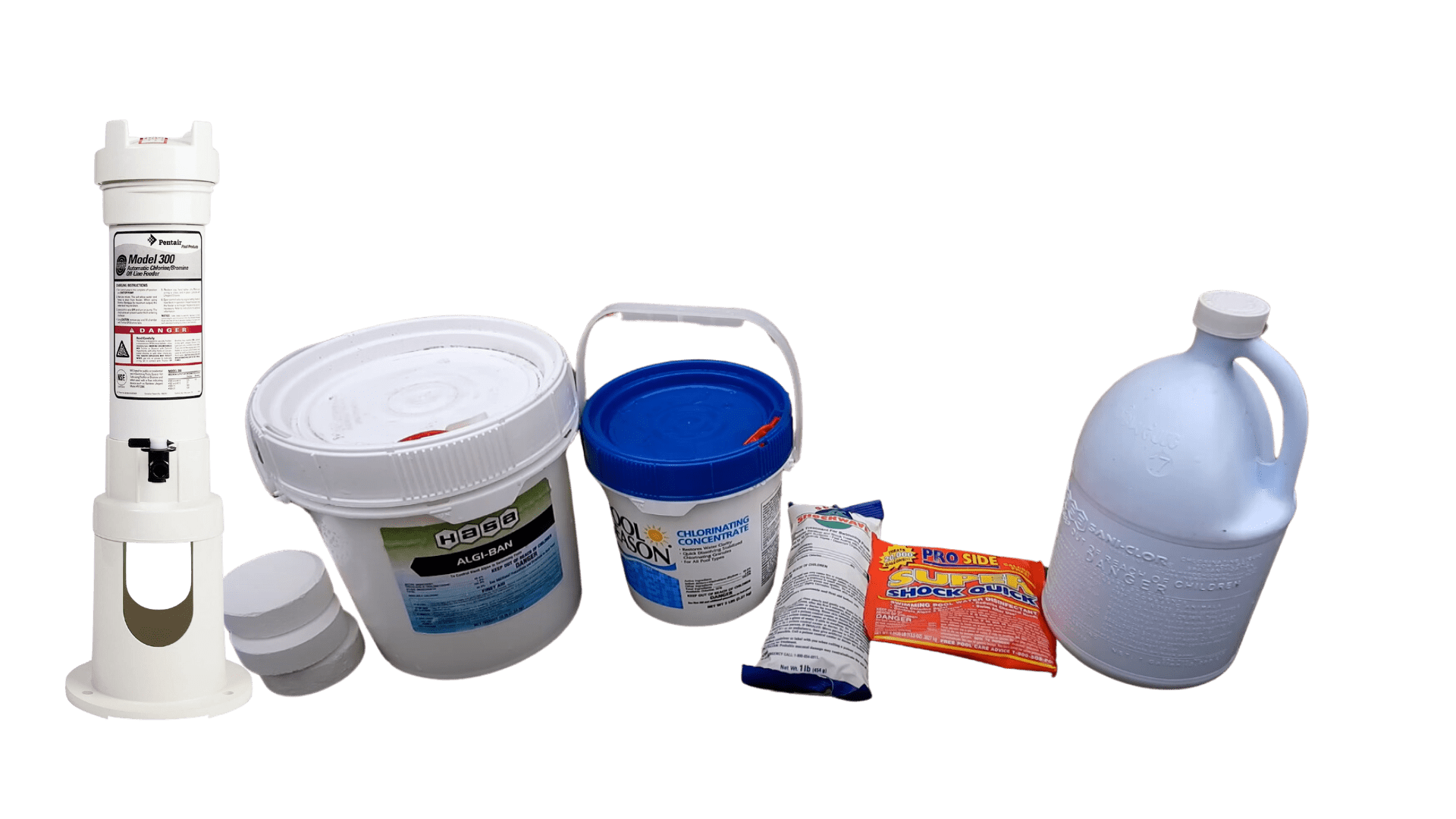
Long-Term Operational Costs of Both Pools:
Saltwater Pools: Once the chlorine generator is set up, regular chemical costs for saltwater pools tend to be cheaper. The slow release of chlorine reduces the need for regular purchases of more chemicals.
Chlorine Pools: Although chlorine pools have reduced start-up costs, their long-term expenses increase gradually owing to the frequent need to acquire chlorine products for maintaining the water’s ideal sanitation.
Comparing Total Cost of Ownership:
It is important to use an in-depth strategy that takes into consideration both short- and long-term costs when calculating the overall cost of owning each type of pool. Although saltwater pool owners may have to pay more at first, the cheaper chemical costs over time can make things better for their finances in the long run. Figuring out overall costs gives a better idea of how the decision will affect the budget, allowing us to make an informed choice.
Salt water vs chlorine pool maintenance
Regular Chemical Testing and Balancing:
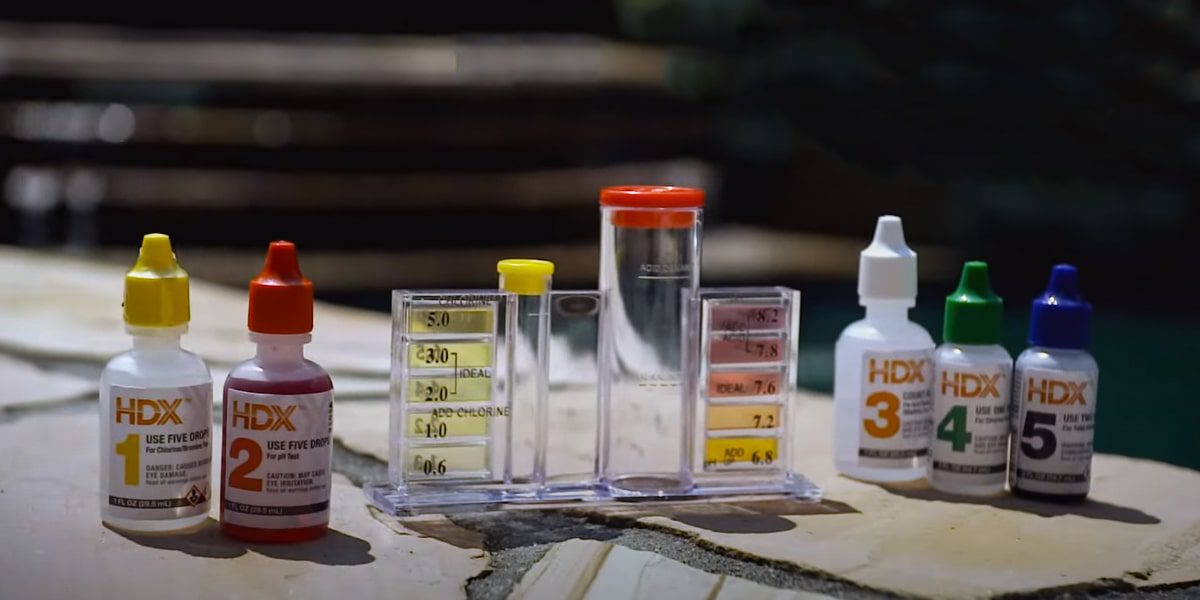
Saltwater Pools: Both types of pools need regular testing of important factors such as pH, alkalinity, and chlorine levels. Saltwater pools normally maintain more consistent levels of chlorine, reducing the necessity for frequent adjustments. However, it is necessary to maintain daily monitoring of other chemical elements.
Chlorine Pools: Just like saltwater pools, chlorine pools need to be tested and balanced regularly. But the chlorine levels may change more, so they need to be carefully and regularly adjusted to keep the water’s balance at its best.
Cleaning and Filtration:
Saltwater Pools: Because saltwater pools are always making chlorine, they may not need to be cleaned as often. Although the need for maintenance is decreased, it is still crucial to regularly clean surfaces, skimmers, and filters in order to maintain a perfect swimming environment.
Chlorine Pools: Traditional chlorine pools require regular and careful maintenance of pool surfaces, skimmers, and filters. Lack of regular chlorine generation can result in increased frequency of cleaning to avoid the buildup of contaminants
Pool Equipment Maintenance:
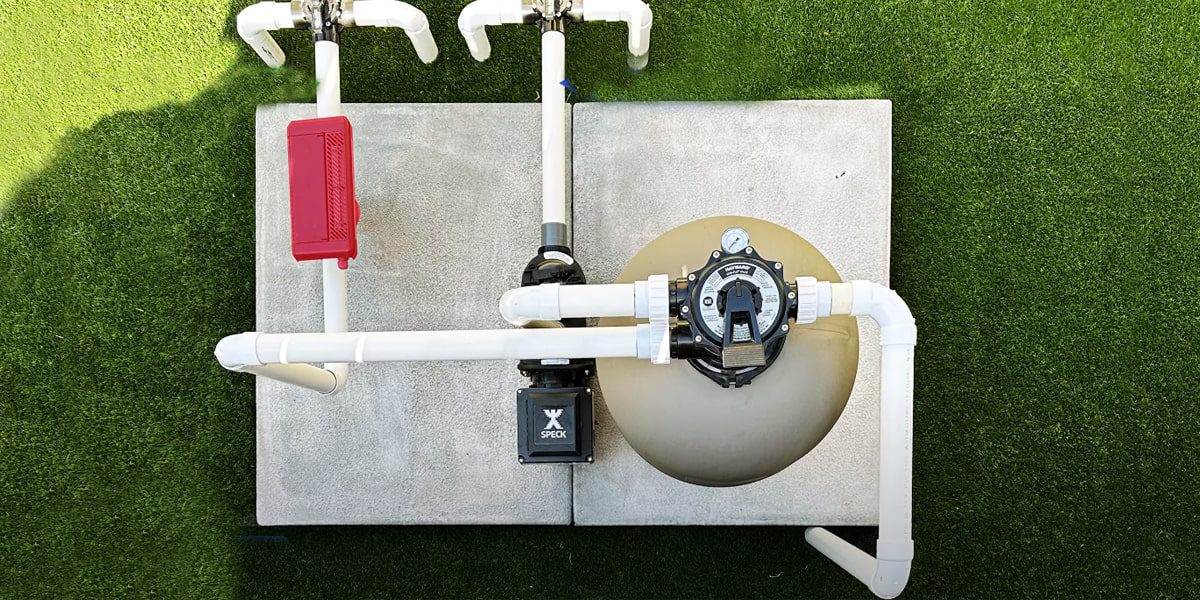
Saltwater Pools: Saltwater pools require regular maintenance, especially on the chlorine generator. Regular maintenance and quick maintenance can extend the lifespan of the pool system.
Chlorine Pools: Chlorine pools depend on chlorinators, and it is crucial to maintain them properly to ensure optimal performance. Regular inspections and timely maintenance are essential for preserving the durability of the pool equipment.
Tips for Efficient and Effective Maintenance:
- Invest in a quality testing kit
- Clean filters regularly
- Inspect and clean pool walls and floor
- Schedule local professionals for proper maintenance.
Aesthetics and Comfort:
Water Texture and Feel:
- Saltwater Pools: Offer a softer, silkier water feel for enhanced comfort.
- Chlorine Pools: Provide a standard water feel.
Impact on Pool Equipment:
- Saltwater Pools: Potential corrosion of metal components.
- Chlorine Pools: Generally less corrosive, depending on maintenance.
Health and Environmental Effects of saltwater pools and chlorine pools :
| Aspect | Saltwater Pools | Chlorine Pools |
|---|---|---|
| Skin and Eye Irritation | Lower chlorine levels, gentler on skin and eyes | Higher risk of irritation with poorly managed chlorine levels |
| Effects on Respiratory | Generally lower chloramine levels | Tendency to release chloramines, potential respiratory issues for some individuals |
| Eco-Friendliness of Pools | Continuous chlorine regeneration reduces the need for additional chemical production and shipping | Higher reliance on external chlorine sources, contributing to environmental impact |
Side-by-Side Comparison of Saltwater and Chlorine Pools
| Aspect | Saltwater Pools | Chlorine Pools |
|---|---|---|
| Chemistry | Continuous chlorine generation, stable levels | Manual chlorine application, potential fluctuations |
| Costs | Higher initial installation cost, lower ongoing chemical costs | Lower initial costs, potentially higher ongoing expenses |
| Maintenance | Regular testing and balancing, equipment maintenance | Regular testing and balancing, equipment maintenance |
| Health Impact | Gentler on skin and eyes | Potential skin and eye irritation |
| Environmental Impact | Potentially lower ecological footprint | Chlorine production and disposal concerns |
| Aesthetics and Comfort | Softer water feel, potential impact on metal components | Standard water feel, less impact on metal components |
| Durability and Longevity | Risk of corrosion on certain materials | Generally less corrosive, but chlorine can cause damage |
Final decision
The choice between a saltwater pool and a chlorine pool involves a careful consideration of various factors. From the chemistry of the water to costs, maintenance requirements, and the impact on health and the environment, each aspect plays a role in determining the most suitable option for your needs. By weighing the pros and cons, you can make an informed decision that aligns with your preferences, budget, and commitment to maintenance. We believe that in this details guide on saltwater pool vs chlorine pool we have included everything for you to choose the right pool for you. If you still have confusion consult with Pool Care Specialists To guide you through the right decision.
Important notice: Maintaining a saltwater or chlorine pool can be a demanding task, especially for those with busy lives. However, there’s a significant opportunity for people living in Texas to enjoy hassle-free pool ownership. Our professional pool services is specifically designed to address the unique needs of Texas pool owners, whether it’s a saltwater or chlorine pool. Call Pool Care Specialists for any pool service.
Salt pool versus Chlorine FAQs
Are saltwater pools truly maintenance-free
Answer: No, saltwater pools still require regular testing, balancing, and equipment maintenance. While they may have lower chlorine maintenance, other aspects demand attention.
Do saltwater pools taste salty?
Answer: No, the salt concentration in a saltwater pool is much lower than that of seawater. The taste is generally not noticeable.
Can I convert my chlorine pool to a saltwater pool?
Answer: Yes, it is possible, but it involves installing a chlorine generator. It’s recommended to consult with a professional for the conversion process.
Do saltwater pools use less water than chlorine pools?
Answer: Both pool types generally require the same amount of water. Water conservation efforts depend more on pool covers and efficient filtration systems.
Are saltwater pools better for people with allergies or asthma?
Answer: Saltwater pools may be more suitable, as they often have lower chloramine levels, reducing the risk of respiratory discomfort. However, individual reactions vary.
How often should I test my pool water?
Answer: Regular testing, at least once or twice a week, is recommended for both saltwater and chlorine pools. More frequent testing may be necessary during extreme weather or heavy pool usage.
Want More tips? Read other Articles


